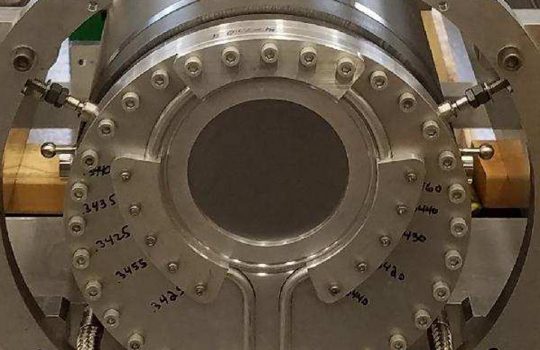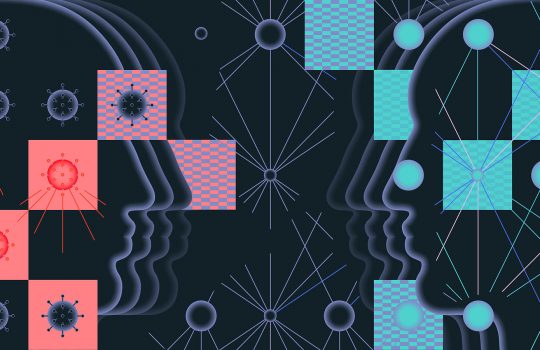UC grad provides ventilators for COVID-19 victims
From University of Cincinnati News, May 26, 2020: Fermilab physicist and UC alumna Jennifer Raaf is part of an international team of scientists and engineers who won federal regulatory approvals for a simple ventilator that could be produced quickly with common parts.


